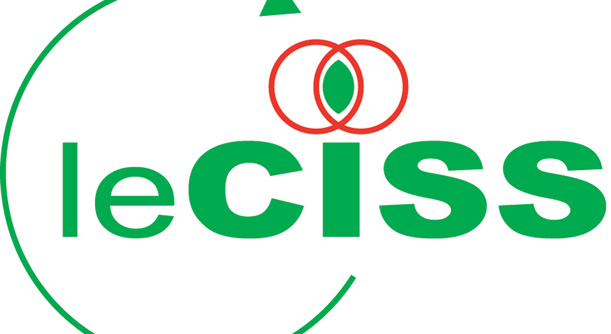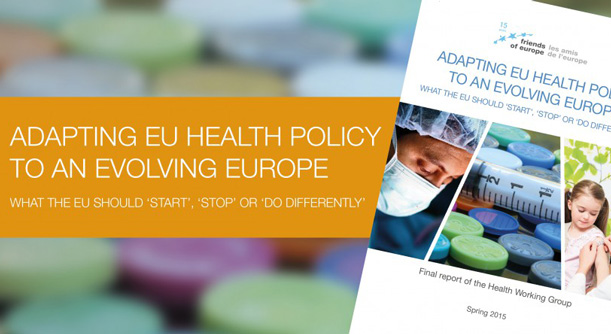Our membership is our compass. We are delighted to feature one of our 64 member organisation every month on our blog. This time, we interviewed Marc Morel, Executive Director of our French member, the Inter-Association Collective on Health (CISS), who provides an overview of his organisation in five short answers.
What’s on the top of your agenda?
A key topic on our 2015 agenda is adherence to treatment. In 2014, the government tried to link reimbursement to adherence controlled by telemonitoring systems. Luckily, this project was abandoned. We have launched a participative process to adopt an approach to adherence that would not be punitive only. We will organise a conference on this topic on 1-2 June 2015.
What is your raison d’être?
Our main objective is to represent all healthcare users so that their rights and interests are protected and taken into account in decisions regarding the organisation of the healthcare system, at local, regional and national level. Our leitmotiv is therefore cross-cutting: access to quality healthcare for all.
What is your organisation’s most important achievement?
The adoption of the 4 March 2002 law on patients’ rights and the quality of healthcare system, for which we strongly advocated, certainly marked the recognition of the concept of health democracy in France. It allowed for some concrete progress such as the right for patients of direct access to their medical health record which was not mentioned in the French law before then.
What is for you the key benefit of your EPF membership?
Being part of EPF enables us to gain more insight into the European dimension on a number of issues on which we are working at national level. This European approach is developed by an organisation that has progressively adopted a “patient-centred” approach and a vision that is close to ours. This is particularly important to us.
What is the biggest misconception about patient with chronic diseases in your country?
A common misconception concerns the meaning of the “100% coverage” that people can benefit from when recognised as in “long-term care” by the Social Security. Studies have demonstrated that patients with chronic diseases pay more for their care than other users. The reason is many treatments have a price well above the one reimbursed by the Social Security. This system still makes it easier to access many treatments; it therefore has to be improved to answer the needs of chronic patients.

